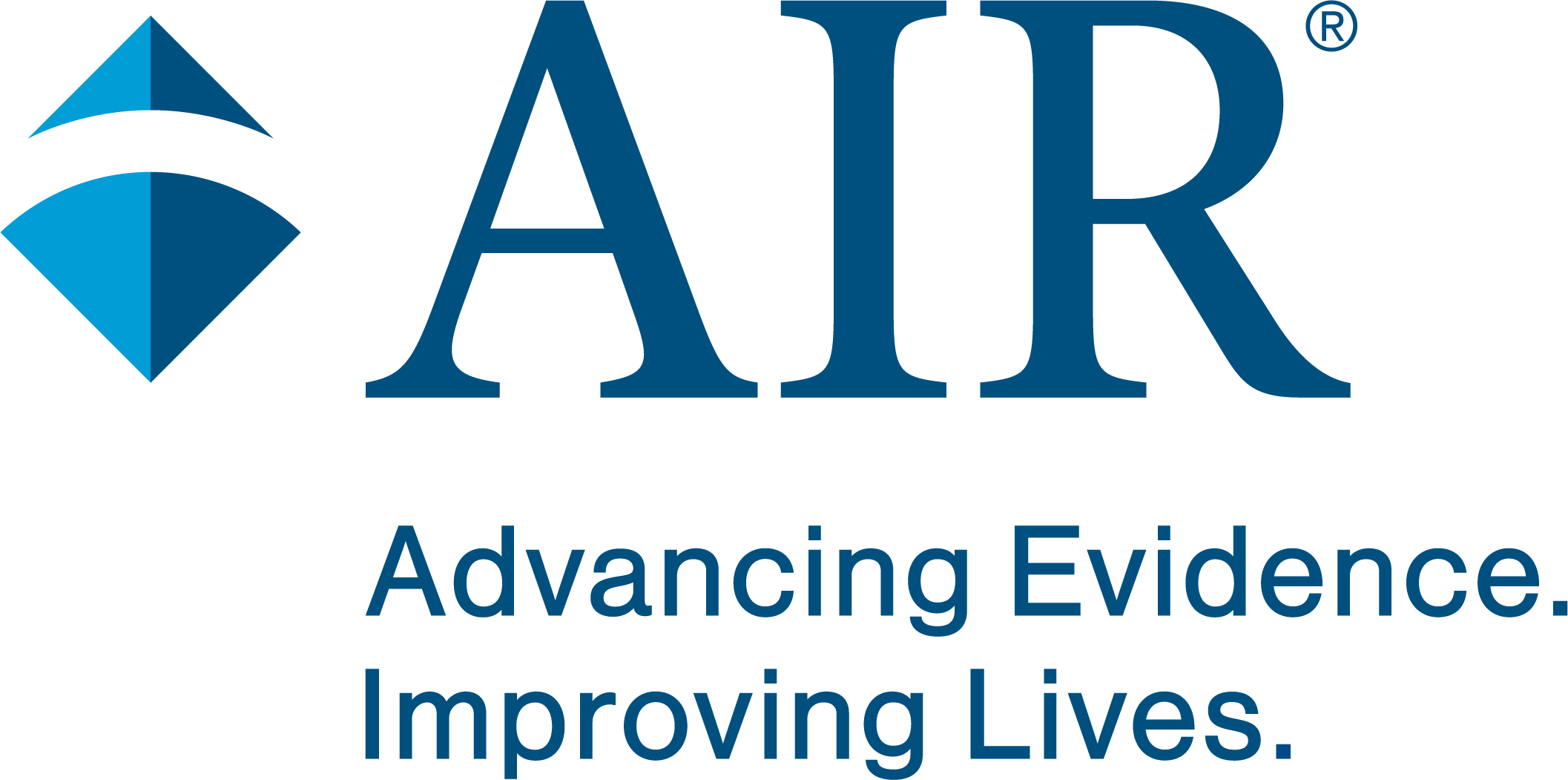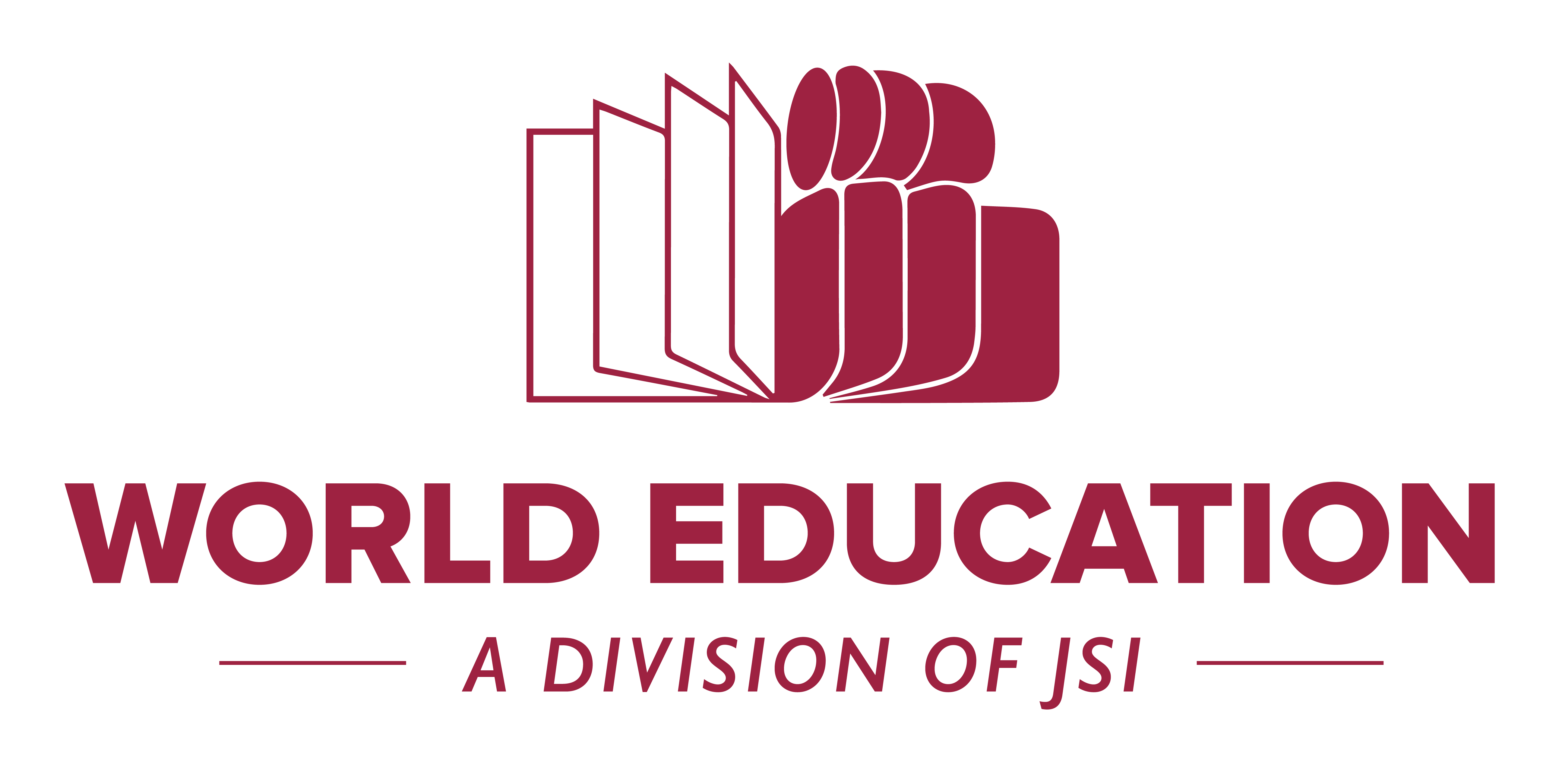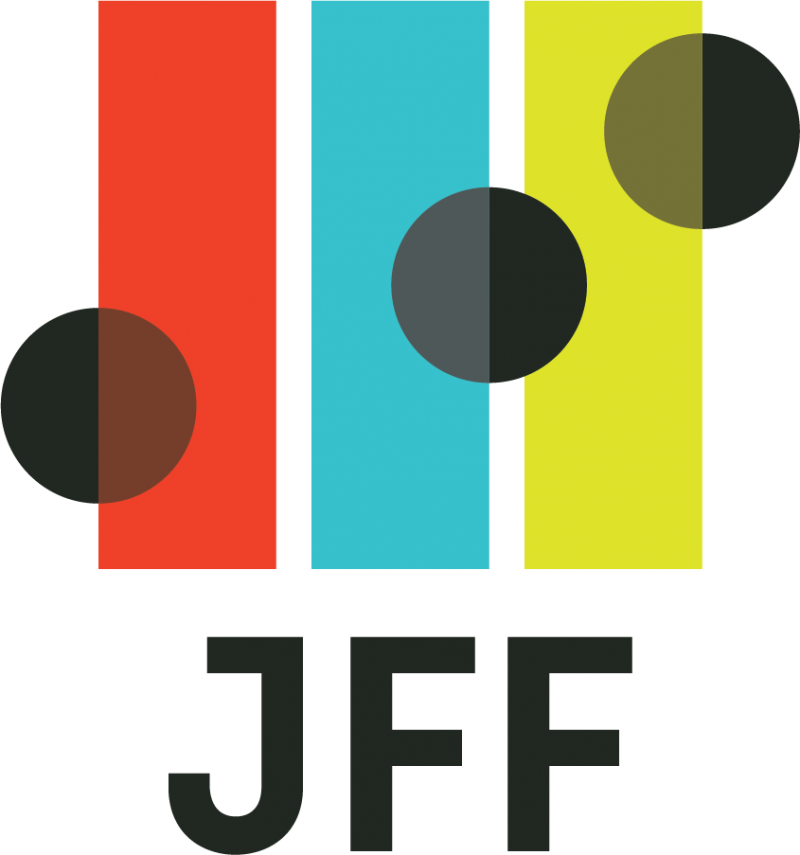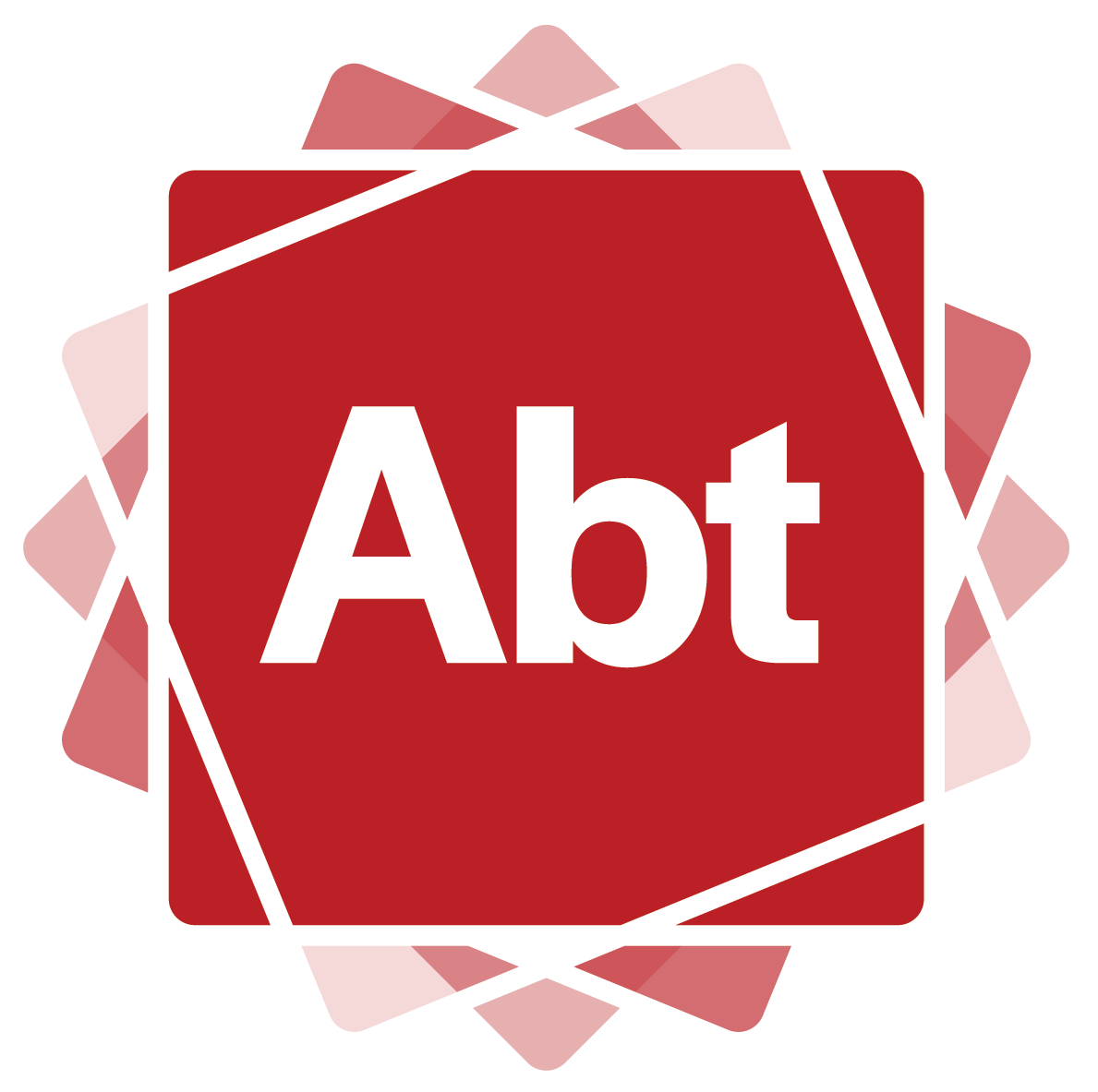Resource
Texas Standards 2.0 Webinar
Posted on
Description
Webinar recorded on 11/3/2021 for the UMass ASAP project. Here, presenters Maria Elena Oliveri, Karl Haigler, and Anson Green provide an explanation of how the Texas 2.0 adult education/workforce development standards were created. These standards bridged adult education and job training programs using the O*NET job classification system. More info about the Texas Standards 2.0 project, including the Standards themselves, is available here.
(November 2021)
Resource
Defining and Assessing Literacy and Numeracy Skills for 21st Century Adult Learners: A Summary of Research and Practice
Posted on
Description
Numerous definitions of literacy and numeracy have been developed to date. In this report, we summarized and analyzed 20 definitions of literacy and numeracy. These definitions often respond to specific stakeholders’ goals and agendas. In this paper, however, we do not aim to provide an integrated definition of literacy and numeracy for all people in all places. Instead, we believe operational definitions of constructs as relevant as literacy and numeracy must respond to specific needs given at a specific moment.
(September 2022)
Event
National Skills Coalition - National Skills Summit
The Skills Summit is an opportunity to mobilize and elevate the voices of our network to move our collective skills agenda forward.
Event
EdTech Bytes: Generative Artificial Intelligence
There's been a lot of chatter lately about Generative AI, its uses, implications, and rapid advancement. World Education presents this four-part series as a way to cover the basics and dive deeper into what this could mean for educators and workforce developers.
1️⃣ Zero to Hero - ChatGPT was released in November of 2022. Get caught up with what has happened since.
Resource
Subject Area Frameworks for Adult Learners
Posted on
Description
These aggregate frameworks provide a structure to support learning in five subjects relevant to adult learners: Civics Education, Digital Literacy, Financial Literacy, Health Literacy, and Workforce Preparation. They include domains, topics, and subtopics in each subject. The frameworks were developed by aggregating existing curricula, assessments, and frameworks used in adult education and compiling insights from organizations and individual instructors. Use them to support Teaching Skills That Matter-aligned instruction, to locate and use resources in SkillBlox, or as a checklist for planning instruction and assessment.
Event
Infusing an Equity Approach into Career and Technical Education Research
Join the CTE Research Network for a free webinar introducing our new framework for applying an intentional equity approach to research from start to finish.
Resource
Building Knowledge and Evidence About Using Digital Technologies in Adult Foundational Skills Programs
Posted on
Description
Recent activities and events spurred adult educators’ interest in digital technologies, including the Barbara Bush Foundation Adult Literacy XPRIZE competition; the development of digital products by adult education publishers; and the COVID-19 pandemic, which prompted adult foundational skills programs to shift from in-person classes to virtual instruction. As interest in digital technologies grows, the need for information about how to implement these technologies and what works for whom under what conditions also grows.
Although some form of technology has been used to teach adult foundational skills for at least 3 decades, the knowledge base about the implementation and effectiveness of technology with adult learners is limited. The recent expansion of technology use in adult foundational skills programs suggests the need for increased efforts to develop knowledge and evidence about the types of technologies and tools that can be used effectively to assist adult learners in enhancing their foundational skills and facilitating their lifelong learning.
Author: Judith A. Alamprese, Principal Scientist, Abt Associates
Read the attached article below for the full paper.
Resource
Highlighting Innovative Practitioner Uses of Digital Technologies in Adult Foundational Skills Instruction
Posted on
Description
Throughout the ongoing COVID-19 pandemic, teachers delivered instruction in new ways, drawing on technology tools and digital resources to support learners whom they could not teach in person (Belzer et al., 2020). To succeed, teachers had to redefine their work—especially in the way they planned or designed instruction (Vanek, in press). This break from traditional instruction served as a laboratory of sorts and illustrated the promise of educational technology (hereafter, edtech) for improving and enhancing instruction.
To explore and learn from the ways that adult educators are experimenting with digital technologies, the final convening of the U.S. Department of Education’s Institute of Education Sciences–funded Center for the Study of Adult Literacy included a session focused on this topic. The session titled “Leveraging Digital Technologies for Adult Foundational Skills Instruction” provided an opportunity for attendees to hear about promising strategies, resources, and practices that became visible through technical assistance provided by the EdTech Center@World Education to teachers, program administrators, and state-level leaders leading up to and throughout the pandemic.
Authors:
Dr. Jen Vanek, Director of Digital Learning and Research at The EdTech Center@World Education
Jeffrey Goumas, Senior Technical Advisor at The EdTech Center@World Education
Read the attached article below for the full paper.
Event
National Skills Coalition - Skills Summit
Skills Summit is an opportunity to mobilize and elevate the voices of our network to move our collective skills agenda forward.
Resource
The Rapid Response, Innovation, and Challenges of Sustainability in the Time of COVID-19: Reports from the Field
Posted on
Description
A new report that explores how adult education programs have adapted over time to the constantly changing conditions in programs caused by ongoing but inconsistent and sporadic COVID-19 infections and local policies governing public health. The report also looks at lessons learned after more than a year of remote teaching.






